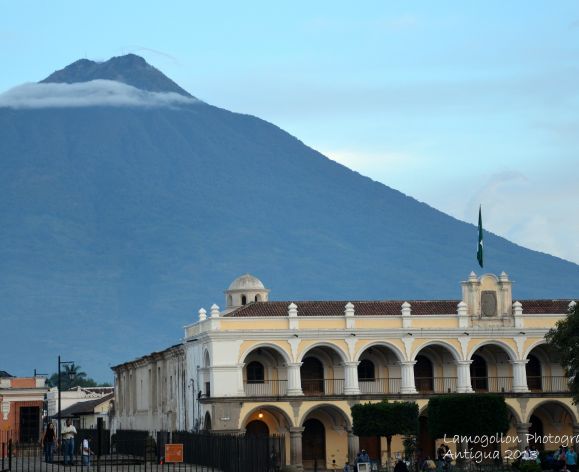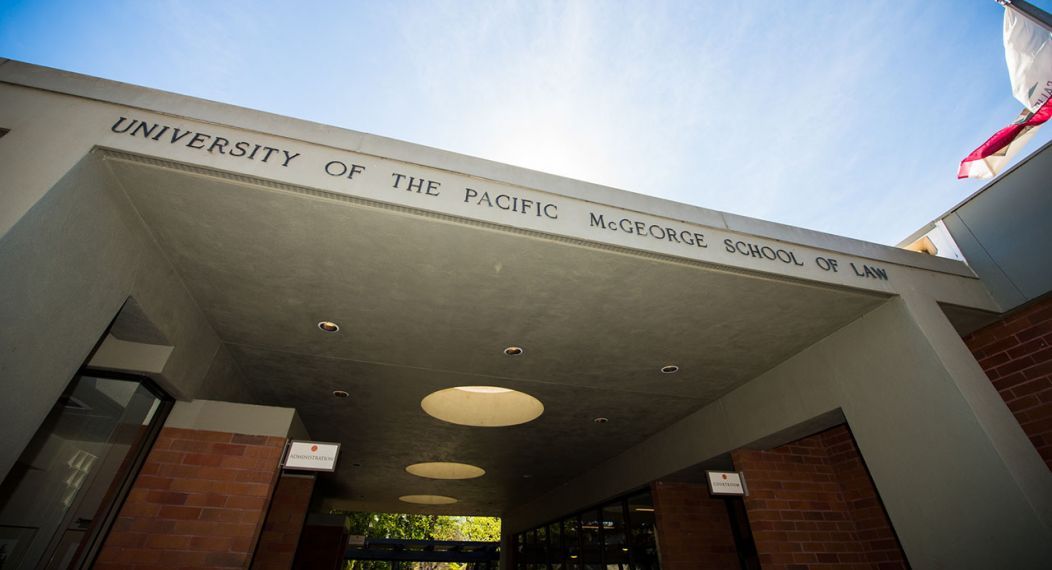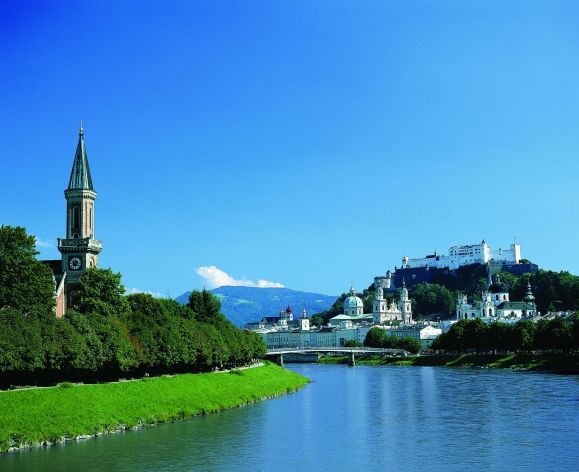Globalization is transforming the practice of law, obliging an increasing proportion of legal professionals to learn how to respond to the challenges presented by transnational and intercultural practice. McGeorge’s International Certificate of Concentration offers a strong foundation for a broad array of careers, whether your interests draw you toward public service or the private sector, to work abroad or in California, to litigation, transactions or a legislative/regulatory practice. Students who complete the certificate of concentration requirements will graduate with a solid grounding in public and private international law, in-depth exposure to at least one specialized doctrinal area, and advanced skills training that can help to provide a bridge to practice.
Globalization is transforming the practice of law, obliging an increasing proportion of legal professionals to learn how to respond to the challenges presented by transnational and intercultural practice. McGeorge's International Certificate of Concentration offers a strong foundation for a broad array of careers, whether your interests draw you toward public service or the private sector, to work abroad or in California, to litigation, transactions or a legislative/regulatory practice. Students who complete the certificate of concentration requirements will graduate with a solid grounding in public and private international law, in-depth exposure to at least one specialized doctrinal area, and advanced skills training that can help to provide a bridge to practice.
Students must complete at least 11 units in the course categories designated below, including at least one capstone or experiential course or activity. With prior written approval, the Concentration Directors may vary the certificate requirements for good cause.
Core Courses — minimum six (6) units
| Course | Units |
|---|---|
| Public International Law1 | 3 |
Plus at least one of the following courses
| Course | Units |
|---|---|
| International Business Transactions1, 2, 3 | 3 |
| Transnational Litigation1, 2 | 3 |
| Course | Units |
|---|---|
| Directed Research (on an approved international, transnational or comparative law topic)4 | up to 3 |
| European Union Law3 | 1 |
| Foreign and International Legal Research | 1 |
| Freedom of Expression in Europe and the United States5 | 1 |
| Immigration Law Clinic4 | 2 |
| Immigration Law and Policy1 | 3 |
| International Banking | 2 |
| International Commercial and Investment Arbitration4 | 3 |
| International Criminal Law3 | 1 or 2 |
| International Economic Law | 2 or 3 |
| International Environmental Law | 3 |
| International Intellectual Property3 | 1 |
| International Mergers & Acquisitions3 | 1 |
| International Negotiations4 | 2 |
| International Protection of Human Rights | 3 |
| International Water Resources Law Seminar4 | 3 |
| Introduction to Space Law | 1 |
| U.S. Antitrust and International Competition Law | 3 |
| U.S. and Int'l Sale of Goods | 2 |
| U.S. Taxation of International Transactions | 3 |
1Courses are typically offered every academic year. Courses not so marked are typically offered once every two years.
2Courses are requirements of the McGeorge LLM in Transnational Business Practice.
3Courses will likely be taught by adjunct professors, including in some cases members of McGeorge's International Board of Advisors or faculty emeriti.
4Courses qualify for experiential or capstone credit.
5Courses are offered only at McGeorge's summer program in Salzburg, Austria.
Other Experiential Activities
- Participation in an international moot court competition team
- Overseas study (summer or semester) that requires significant intercultural exposure (such as, for example, courses taught in languages other than English, seminar courses that involve working with or significant interaction with non-U.S. law students, or programs in which U.S. law students represent a minority of the students enrolled)
- In-depth intellectual exposure to an international topic leading to the production of a significant written product outside the context of a structured course with an examination (as, for example, writing an article on a topic of international or transnational law for an academic journal, including the University of the Pacific Law Review)
- Internship or externship with a transnational or international focus
- Research assistantship working on a project with a significant international or comparative research component
At McGeorge, you may interact with JD and LLM students from many other countries on campus. Students with an international interest participate in a number of co-curricular and extracurricular activities, including:
- International Moot Court Competition Teams — Each year, McGeorge fields moot court competition teams in competitions whose subject matter involves international law issues. For the Jessup International Moot Court Competition, held each spring, students prepare a written brief and compete at oral argument on a dispute involving public international law.
- McGeorge International Law Society — McGeorge's International Law Society is a student organization that brings together those interested in international law. Members meet informally to discuss current international legal trends and the society sponsors speakers on current international topics. For example, the Society brought speakers from throughout North America to campus to discuss implications of NAFTA when it was near adoption.





